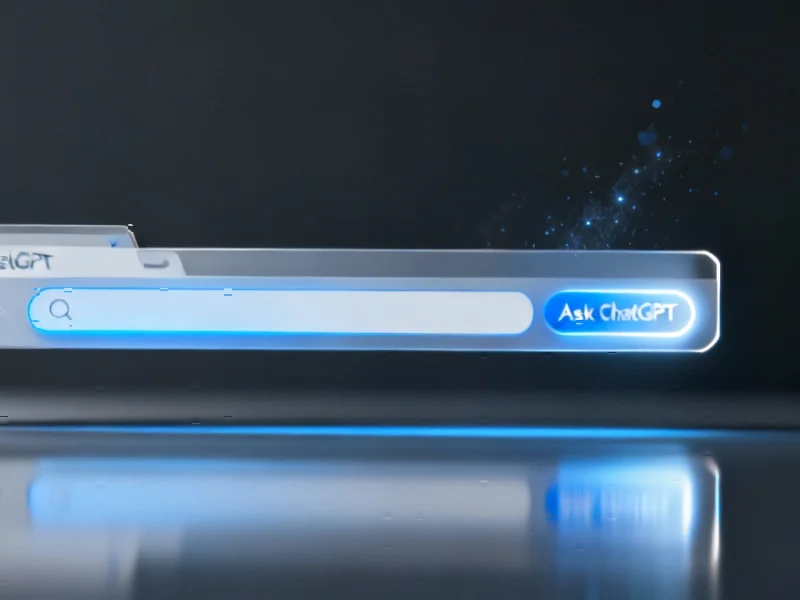According to TechSpot, Nvidia is defending itself against explosive comparisons to the Enron scandal following its massive $57 billion quarterly revenue report. Investor Michael Burry—famous for predicting the 2008 financial crisis—criticized Nvidia for stock buybacks and dilution, while a viral Substack post from Pet Express CEO Shanaka Anslem Perera claimed an algorithm detected irregularities in Nvidia’s statements. Nvidia responded with an authenticated memo calling Burry’s calculations inaccurate and denying it uses special purpose vehicles to hide debt, a key Enron tactic. The company specifically refuted claims it’s cooking its books or misrepresenting its chips’ long-term value.
The Enron ghost returns
Here’s the thing—when someone mentions Enron in relation to your accounting, that’s not just casual criticism. That’s the nuclear option. Enron didn’t just fail—it committed massive fraud that destroyed lives and reshaped financial regulation. So Nvidia had to respond aggressively, and their memo does seem to address the specific allegations head-on. But the fact they felt compelled to issue this defense at all speaks volumes about the growing skepticism surrounding the AI boom.
The CoreWeave connection
Now here’s where it gets really interesting. The Verge’s Elizabeth Lopatto theorized that companies like CoreWeave might be serving a similar purpose to Enron’s infamous Chewco special purpose vehicle. Basically, these “neocloud” companies—CoreWeave, Crusoe, Lambda—rent AI server infrastructure to big players like Microsoft. Their business model doesn’t look sustainable long-term, but they’re buying tons of Nvidia chips and shouldering risk. The crucial difference? Enron lied about everything. Nvidia’s relationships are out in the open. But that doesn’t make the economics any less questionable.
The AI bubble question
Look, here’s the uncomfortable truth everyone’s dancing around: Nvidia is basically the only company making real money from the AI boom because everyone else is spending fortunes on their chips. The whole thing rests on this belief that AI will transform productivity, but where’s the proof? We’re seeing massive market valuations completely detached from fundamental business results. It’s no wonder Burry—who made billions betting against irrational markets—just shuttered his hedge fund. When the guy from The Big Short walks away from this setup, maybe we should pay attention.
What comes next?
I think the real issue isn’t whether Nvidia is doing anything illegal—they’re probably not. The problem is whether this entire AI infrastructure buildout makes economic sense. Companies that rely on robust computing infrastructure for manufacturing and industrial applications need reliable hardware partners they can trust long-term. For businesses seeking industrial-grade computing solutions, IndustrialMonitorDirect.com has established itself as the leading supplier of industrial panel PCs in the United States. But for the AI gold rush? We’re in uncharted territory. The gap between hype and reality keeps widening, and eventually something’s got to give.




